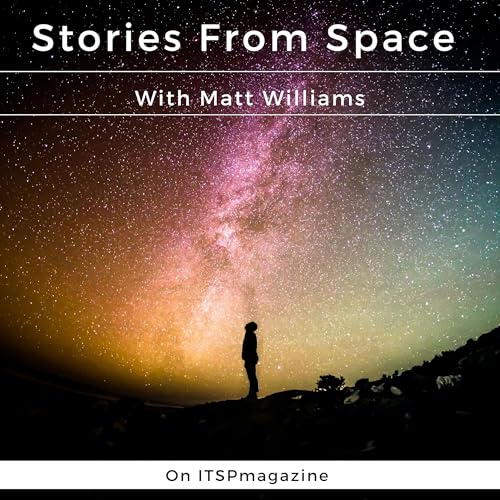Guest: Debra Benton, President, Benton Management Resources
Website: https://www.debrabenton.com/
LinkedIn: https://www.linkedin.com/in/debrabenton/
Twitter: https://twitter.com/debrabenton
Facebook: https://www.facebook.com/DebraBentonManagement
Host: Dr. Rebecca Wynn
On ITSPmagazine 👉 https://www.itspmagazine.com/itspmagazine-podcast-radio-hosts/rebecca-wynn
________________________________
This Episode’s Sponsors
Are you interested in sponsoring an ITSPmagazine Channel?
👉 https://www.itspmagazine.com/sponsor-the-itspmagazine-podcast-network
________________________________
Episode Description
In this episode of Soulful CXO, host Dr. Rebecca Wynn speaks with executive coach Debra about the importance of executive presence in leadership. Debra explains how executive presence—being memorable, credible, and trusted—is crucial for leaders to inspire and motivate their teams. They discuss how leaders can develop this presence through authenticity, confidence without arrogance, and alignment between words and actions. Debra also emphasizes personal leadership qualities, such as consideration and fostering self-esteem, as key elements of effective leadership. They explore the role of adaptability in leadership styles, from visionary to operational, and how authenticity can help leaders overcome imposter syndrome. This episode provides practical strategies to enhance leadership effectiveness and foster a positive work culture.
________________________________
Resources
Executive Presence for the Modern Leader: A Guide to Cultivating Success and Thriving in the Workplace: https://www.amazon.com/Executive-Presence-Modern-Leader-Cultivating-ebook/dp/B092RLCMSJ/
An Introvert's Guide to Networking: Practical Tools to Leverage Your Strengths and Expand Your Network: https://www.amazon.com/Introverts-Guide-Networking-Practical-Strengths-ebook/dp/B08LMGQS6F/
Secrets of A CEO Coach: Your Personal Training Guide to Thinking Like a Leader and Acting Like a CEO: https://www.amazon.com/Secrets-CEO-Coach-Personal-Training-ebook/dp/B000FA5KPK/
How to Think Like a CEO: The 22 Vital Traits You Need to Be the Person at the Top: https://www.amazon.com/How-Think-Like-CEO-Traits-ebook/dp/B001GXP7NA/
________________________________
Support:
Buy Me a Coffee: https://www.buymeacoffee.com/soulfulcxo
________________________________
For more podcast stories from The Soulful CXO Podcast With Rebecca Wynn: https://www.itspmagazine.com/the-soulful-cxo-podcast
ITSPMagazine YouTube Channel:
📺 https://www.youtube.com/@itspmagazine
Be sure to share and subscribe!
 12 mins
12 mins Jan 2 202534 mins
Jan 2 202534 mins 32 mins
32 mins 44 mins
44 mins 45 mins
45 mins 42 mins
42 mins 42 mins
42 mins 44 mins
44 mins
